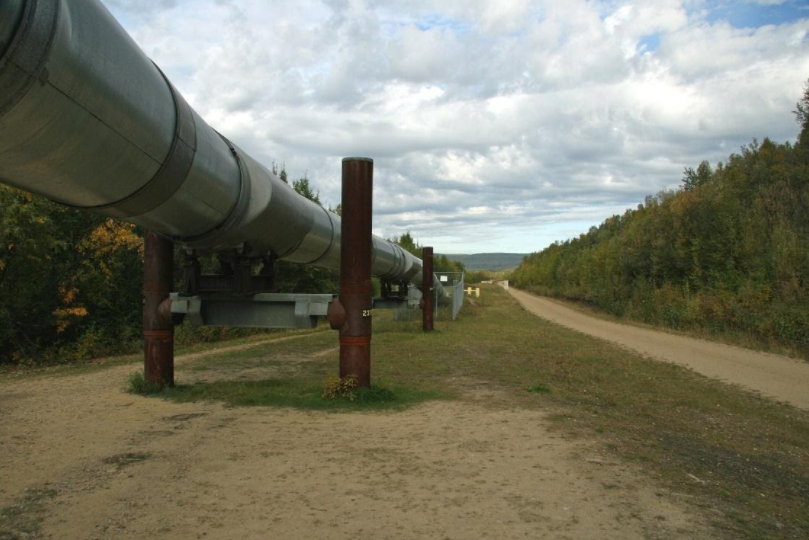
A Closer Look at AOC’s Contact Centre Operations
July 2021
Recently, we have seen a renewed focus on underground utility strikes. Not just from facility owners but also from excavators and our contact centre staff. It is usually in June/July that we tend to receive the highest number of reports of what are known internally as “damages;” that is, reports from those in the field about either a damaged or unexpectedly discovered underground utility. Sometimes these are reported to us by the excavator themselves after they accidentally contact infrastructure resulting in a gas leak, severed telecommunications cable, or exposed electrical line. Other times, they are reported by a concerned citizen who comes across a cable sticking out of the ground in an empty field or ditch while they are out walking their dog.
The AOC contact centre receives damage notifications in a similar manner to standard requests, but will work with the caller to determine the exact nature of the incident. Typical questions around the location and depth are bracketed with information regarding the perceived line or pipe type, width, damage status, colour, found depth and if the caller is aware of any outages in the area. Any potentially affected facility operators are then notified and will, in turn, reach out to the caller to investigate or repair the facility as necessary.
An important part of this damage notification process is that similar information is being analyzed and catalogued by regional groups all over Canada under the process known as “DIRT” (Damage Information Reporting Tool). The Canadian Common Ground Alliance (CCGA) compiles a report each year that reviews and analyzes these reports from each region (including Alberta) and makes suggestions on ways to make excavations safer across Canada. Look for the 2020 CCGA DIRT Report coming soon!

Even above-ground infrastructure has their damages tracked!
Josef Rosenberg